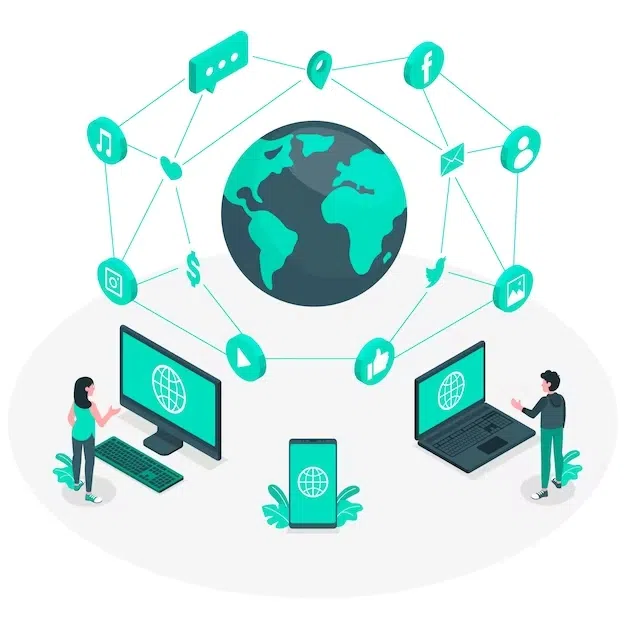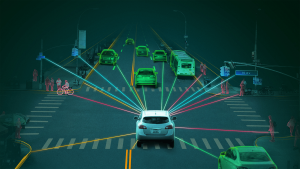Political change refers to any significant shift or transformation in the organization, structure, or policies of a government or political system. Political change can happen in different ways and may have various causes and consequences. In general, political change is often driven by a combination of social, economic, and cultural factors that influence the attitudes and beliefs of individuals and groups, and their expectations and demands of the government.
There are several types of political change, including:
Regime change: This occurs when a new government takes over and replaces the previous one. Regime change can happen through peaceful means, such as elections or negotiations, or through violent means, such as revolution or coup d’etat.
Constitutional change: This occurs when a country’s constitution is amended or rewritten to reflect new values, beliefs, or political structures. Constitutional change can involve the expansion or limitation of individual rights, changes to the distribution of power within the government, or the creation of new branches of government.
Policy change: This occurs when a government changes its policies or laws to address new challenges or priorities. Policy change can involve the creation of new laws, the amendment or repeal of existing laws, or the enforcement of laws in new ways.
Structural change: This occurs when the basic institutions or systems of a government are reformed or transformed. Structural change can involve changes to the electoral system, the creation of new government agencies or departments, or the decentralization of power to local or regional authorities.
Political change can be initiated by various actors, including political parties, social movements, civil society organizations, or individual citizens. These actors can use different strategies to bring about political change, such as protests, petitions, lobbying, or media campaigns. The success of these strategies depends on many factors, including the level of popular support, the effectiveness of the government’s response, and the international context.
In conclusion, political change is a complex and multifaceted phenomenon that can take many different forms and have various causes and consequences. Political change can be a peaceful or violent process, initiated by various actors, and driven by social, economic, or cultural factors. Understanding the nature and dynamics of political change is essential for citizens, policymakers, and scholars to effectively address the challenges and opportunities facing their societies.


